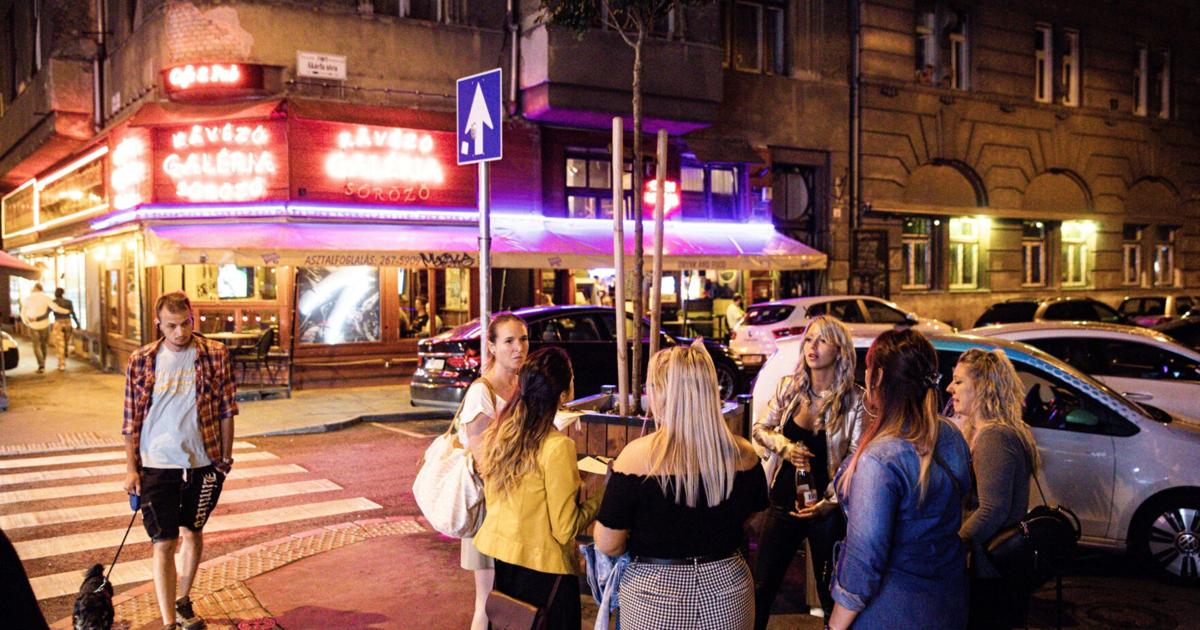Another European capital joins the anti-Airbnb campaign | World
Budapest is preparing to follow other popular tourist destinations which have sought to rein in short-term apartment rentals, which are fueling property prices and fueling a noisy party district in the heart of the Hungarian capital.
With over 10,000 Airbnb listings in 2018, Budapest leans on the industry more than almost any other major European city. He would now join cities including Paris, Berlin, Amsterdam and Madrid in imposing tougher conditions on such rentals as residents fight to reclaim urban neighborhoods from tourists.
Hungarian lawmakers on Tuesday approved legislation that paves the way for municipalities to limit the number of days a year that landlords can rent Airbnb-style apartments. The capital’s party district has also passed new regulations making it harder for establishments to stay open after midnight.
The proliferation of low-cost airlines such as Ryanair and Easyjet has helped make the city a favorite long-weekend location in Europe, so much so that authorities and residents are now complaining of “over-tourism “. The boom has made short-term rentals so lucrative that entire apartment buildings have turned into mini-hotels in the city center.
“We need comprehensive regulations like Amsterdam, Berlin or London that limit the period during which entire apartments can operate as hotels,” Budapest Mayor Gergely Karacsony said. He said rents in the capital’s city center are now “out of reach, even for a middle-class family”.
Airbnb’s market share of overnight stays in Budapest reached 20% in 2018, one of the highest among major European cities, according to a report by Colliers International. This has led to a housing shortage and a spike in long-term rental and real estate prices. Real estate prices in the city rose 16% in the first quarter from a year earlier, the second-fastest pace among 150 major cities worldwide, according to a report by Knight Frank.


Comments are closed.